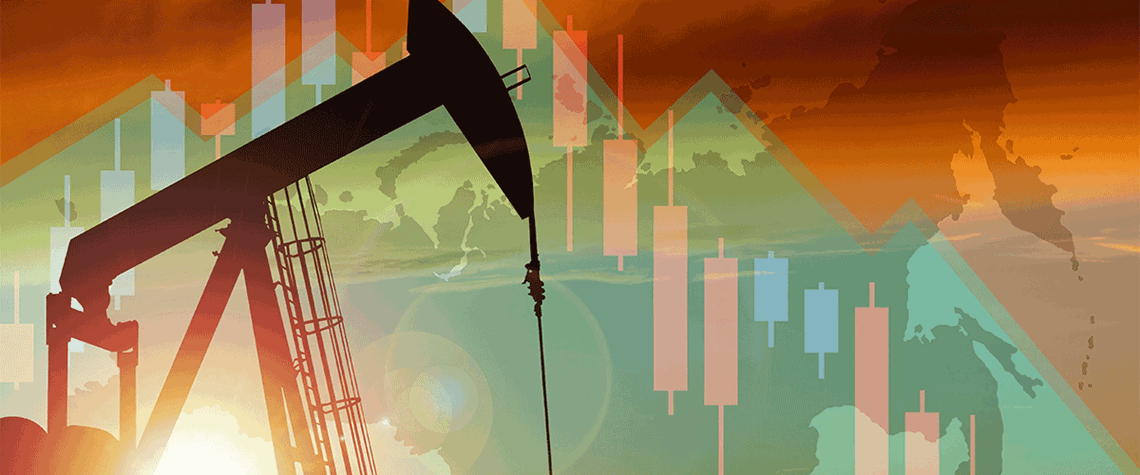Outlook 2024: Oil pricing in a post-peak-demand world
The carbon intensity of oil may bring a change to pricing long-term
The latest views from the IEA indicate that coal, oil and natural gas demand will peak by 2030, just a handful of years away. Regardless of the date, it is useful to understand how the oil market may change as demand begins to decline. Should demand fall near the natural rate of production decline, as the IEA points out is necessary for the world to reach net zero by 2050, we will see a disruption in the long-term price-setting mechanism for oil. This shift could be as seminal as the switch from posted prices to market prices in the 1970s or the financialisation of oil. The long-term price will fall sharply, placing intense pressure on oil-producing firms seeking to compete to retain a marke

Also in this section
27 February 2026
LNG would serve as a backup supply source as domestic gas declines and the country’s energy system comes under stress during periods of low hydropower output and high energy demand
27 February 2026
The assumption that oil markets will re-route and work around sanctions is being tested, and it is the physical infrastructure that is acting as the constraint
27 February 2026
The 25th WPC Energy Congress to take place in tandem as part of a coordinated week of high-level ministerial, institutional and industry engagements
27 February 2026
The deepwater sector must be brave by fast-tracking projects and making progress to seize huge offshore opportunities and not become bogged down by capacity constraints and consolidation







